On June 1, 2023, Meta made the Meta Quest 3 announcement. It is designed to be the most immersive and realistic VR experience yet, with a number of new features and improvements over the previous Oculus Quest 2 Pro headsets. However, the next-generation mixed-reality headset from Meta isn’t currently available.
The Quest 3 will be present on September 27 for Mark Zuckerberg’s keynote address at Meta Connect, Meta has since formally stated. It is thought that this will function as the new Quest headset’s formal launch and that a date for official pre-orders will be revealed at that time.
There are some key conclusions from Zuckerberg’s unveiling of the Meta Quest 3 on Instagram, even though he didn’t go into great detail about the headset’s specifications. The standard storage choice for the Quest 3 will be 128GB, with “an additional storage option for those who want more space.” Uncertainty surrounds what it will be and how much it would cost, but they may add up to 256GB or 512GB variant as well.
The inclusion of a next-generation Qualcomm Snapdragon chip is the second substantial upgrade that has received official approval. Although the specifics of the chip are unknown, we may anticipate that it will be tailored to the Quest 3. Moreover, neither the resolution nor the refresh rate was disclosed.
Meta Quest 3 Features:
- High-resolution display: The Quest 3 may have a high-resolution display with 2160 x 2160 pixels per eye, which is twice the resolution of the original Quest. This will provide stunning visuals with incredible detail and clarity.
- A high-fidelity color passthrough function for Quest 3 should enable you to observe your immediate surroundings through a top-notch camera, which is the most noticeable upgrade. This will not only make it easier for you to arrange your gaming area, but it should also make augmented and mixed reality experiences more immersive.
- Faster processor: The Quest 3 is powered by a next-generation Qualcomm Snapdragon processor than the original Quest, which allows for smoother and more responsive performance. This is especially important for VR games, which can be demanding on hardware.
- More storage: The Quest 3 has more storage than the original Quest, so you can store more VR games, apps, and media. Meta has set the standard size 128GB and there will be no surprise even if it comes in 286GB and 512GB variants.
- Enhanced haptic feedback: The Quest 3 has enhanced haptic feedback that provides more realistic tactile sensations. This can be used to make VR experiences feel more immersive and engaging.
Meta Quest 3 Specifications:
| Specifications | Details |
|---|---|
| Display resolution | 4128-by-2208 pixels (2064-by-2208 pixels per eye) |
| Display technology | LCD, single display |
| Display peak brightness | 100 nits (speculated) |
| Refresh rate | 120 Hz |
| Storage | 256 GB 512 GB |
| RAM | 12 GB |
| Processor | Snapdragon XR2 Gen 2 |
| Sound | Stereo speakers Positional audio 3.5mm headphone jack |
| Operating system | Based on Android |
| Announcement date | June 1, 2023 |
| Release date | September 27, 2023 (speculated) |
| Price | $499 for the base model |
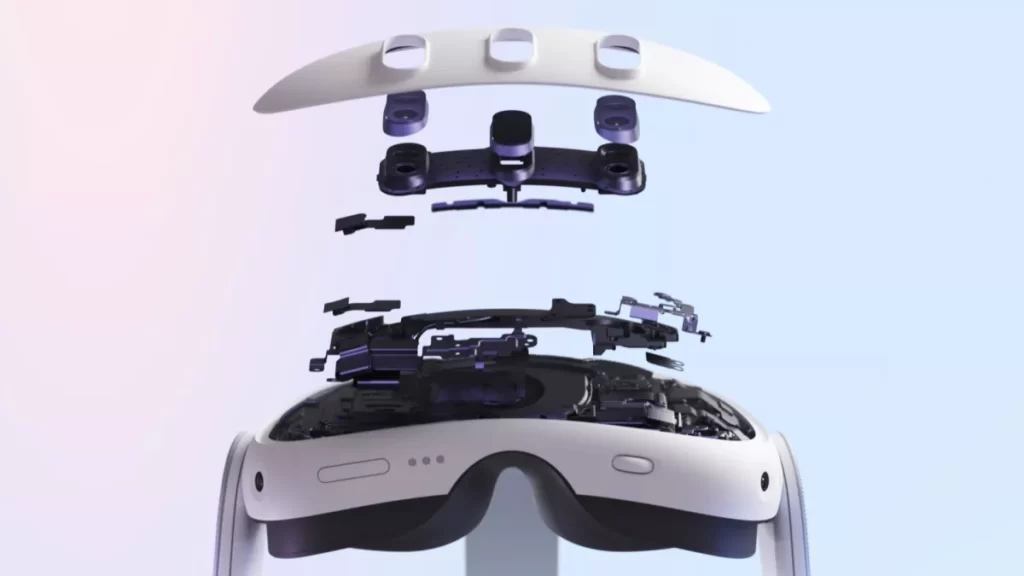
Also Read :: How To Use Apple Vision Pro Headset
Meta Quest 3 Design
According to Meta, the Meta Quest 3 has undergone a thorough “inside out” overhaul. The headset’s overall design is similar to that of the Quest 2, it is 40% thinner today, in part because of pancake lenses. It also appears to be using a more flexible material for the head strap and has a striking trio of pill-shaped cameras and sensors on the front of the headset.
In comparison to the Quest 2, there is what looks to be an additional button on the bottom of the headset, which is probably a wheel to adjust IPD. Additionally, it appears like the face shield has been modified and could now better block off any outside light.
It’s difficult to tell from the brief video, but Meta has improved the Quest 3’s Touch Plus controllers to make them more ergonomic and includes TruTouch haptics. The Quest 3 has a few new pins on its bottom side that are intriguing since they suggest interoperability with the Quest Pro’s charging port for quicker and easier charging. The Quest 3 will either receive its own charging dock or that.
What Happened To Meta Quest 2?
Quest 2 Gets New Lower Prices, Plus a Performance Upgrade
When Meta Quest 2 first appeared in 2020, it revolutionized VR and ushered in a new era of gaming, fitness, and other things. It’s already among the most inexpensive ways to experience virtual reality, and things are about to become even better. As of June 4, Quest 2 will be available for $299.99 USD for the 128GB and $349.99 USD for the 256GB. This price reduction will enable even more people to experience the wonders of all-in-one VR and our enormous content library.
According to Meta, the GPU and CPU of the Quest 2 and Quest Pro will be updated in a future software update. Quest 2 and Quest Pro will experience up to a 26% improvement in CPU performance and up to a 19% and 11% increase in GPU speed, respectively. You can anticipate smoother gaming, a more responsive UI, and richer information on both headsets as developers make use of these enhancements. Additionally, they are enabling dynamic resolution scaling for Quest 2 and Quest Pro so that apps and games may benefit from higher pixel density without experiencing frame drops.
Meta Quest 2 Vs Quest 3
The Meta Quest 3 is a headset that has been “reimagined and redesigned,” but it initially resembles the Quest 2. But if you look closely at the two headsets, you’ll see that there are significant variances between them. In particular, Meta claims that the Quest 3 is 40% thinner than the Quest 2. Additionally, the Quest 3 is much thinner when you compare the two headsets side by side. This is partially attributable to pancake optics, which employ layers of optical film to enable higher-resolution lenses in restricted locations. The Quest 3 gains a new camera array on the front of its visor in addition to a reduced form factor.
Comparing GPUs
| Headset chipset | Quest 2 – Adreno 650 | Quest 3 – Adreno 740 |
|---|---|---|
| Process node | 7nm | 4nm |
| GPU base clock | 250 MHz | 680 MHz |
| GPU boost clock | 587 MHz | 719 MHz |
| Memory type | LPDDR4x-2133 | LPDDR5X-4200 |
| Memory bus | 64 bit | 128 bit |
| Memory bandwidth | 44 GB/s | 64 GB/s |
| Execution units (ALU clusters) | 2 | 5 |
| Shading units | 512 | 1,024 |
| FP32 floating point performance | 1.3 TFLOPS | 3.7 TFLOPS |
GPU performance is crucial even the fastest processors can feel dated by sluggish storage speed, which highlights the importance of factors like RAM speed and quantity. We’ll have a better understanding of the Quest 3’s actual performance once we have those figures in hand.
While Meta hasn’t provided any specific numbers, it claims that the displays on the Quest 3 are “higher resolution.” Although we don’t anticipate them to have as high of a resolution as the screens on the Apple Vision Pro—after all, that headset costs seven times as much as the Quest 3—improving the resolution is an important method to provide greater clarity than the new lenses alone will.
Comparing Controllers Quest 2 vs Quest 3

Your arms and hands will be considerably more accurately tracked thanks to these highly advanced VR controllers, which will also improve hand tracking. With the boost in fidelity we’re expected to see with Quest 3, hand-tracking will be better than ever across the whole Quest experience, as recent titles like Rogue Ascent have shown.

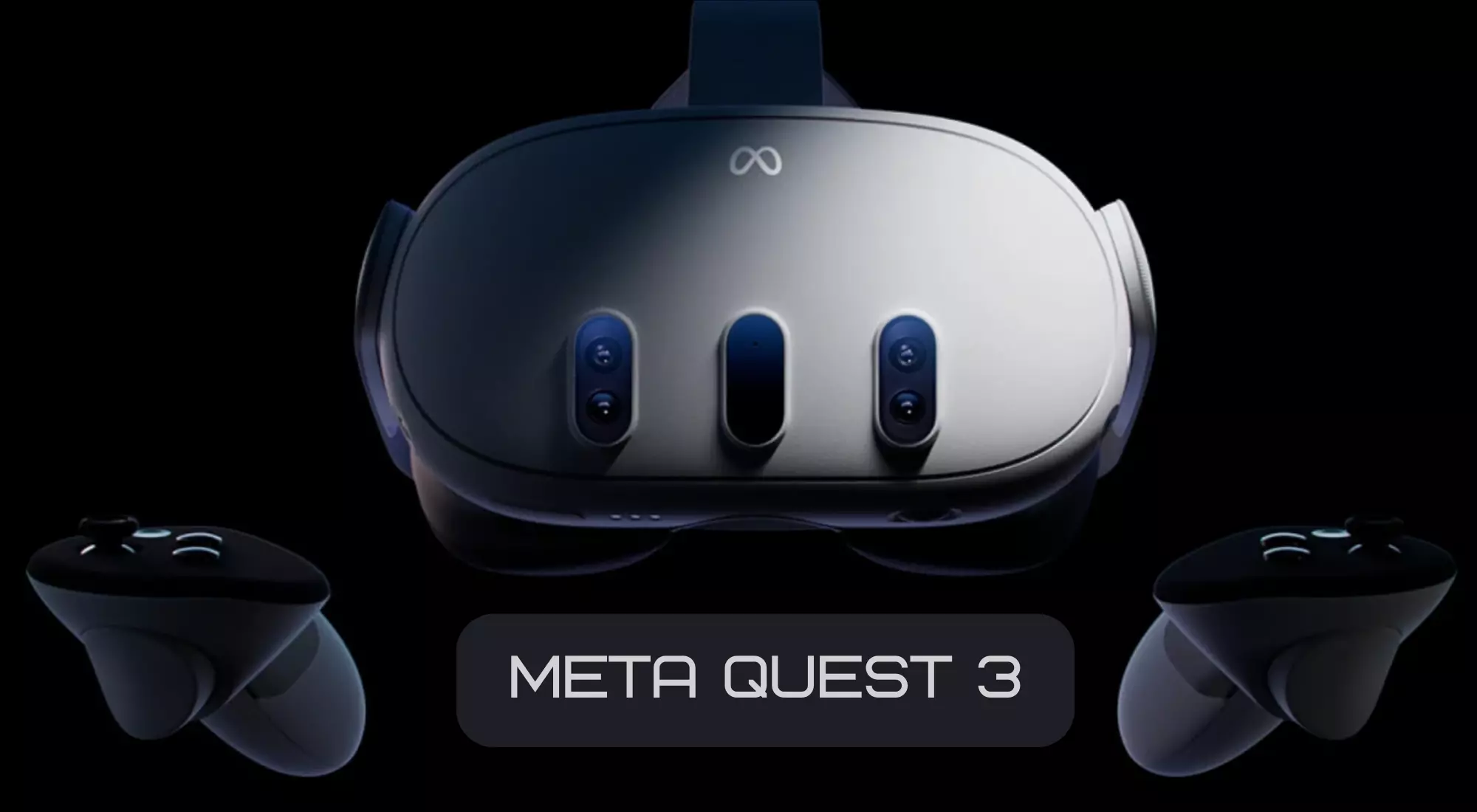


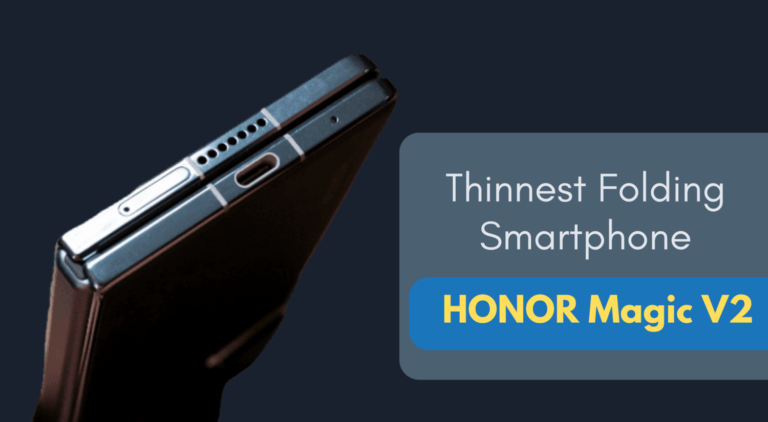

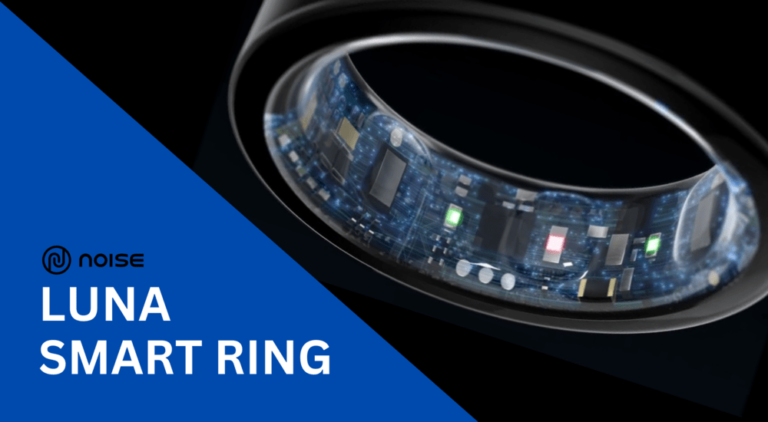
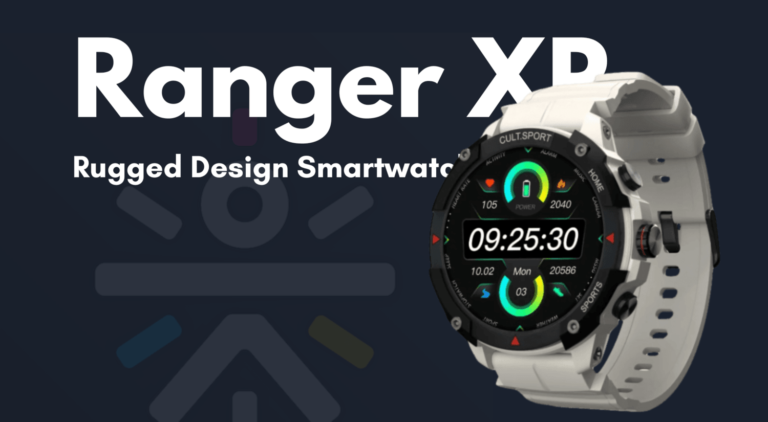
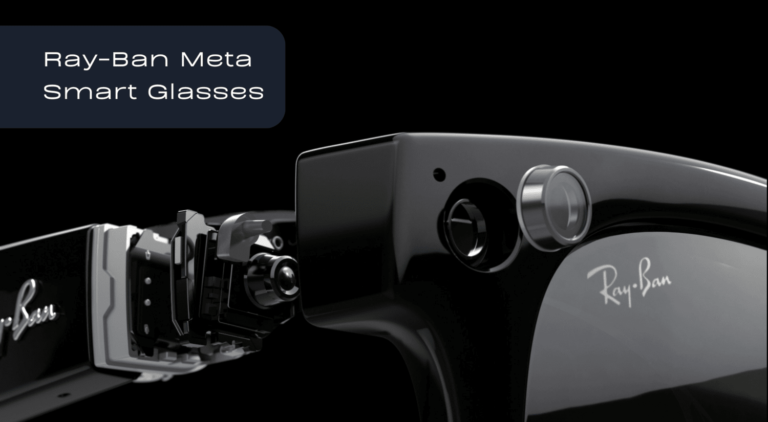
2 Comments
Comments are closed.